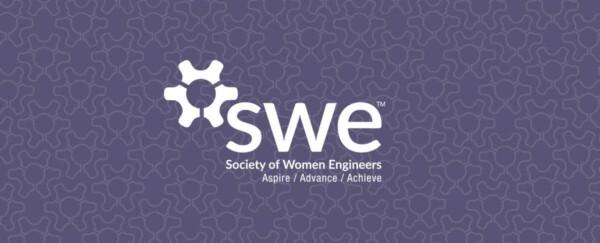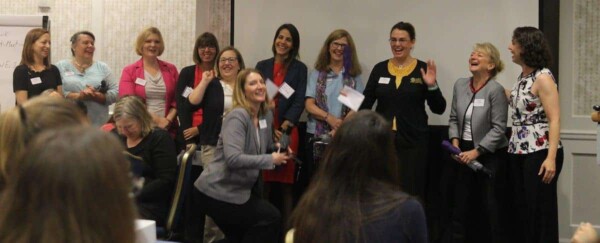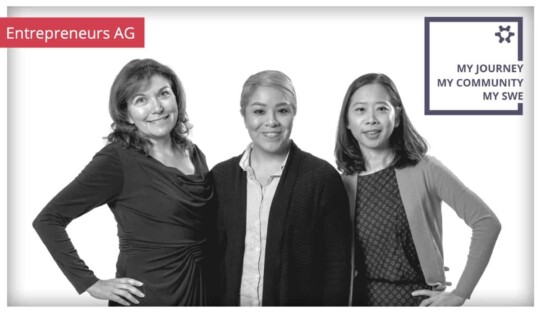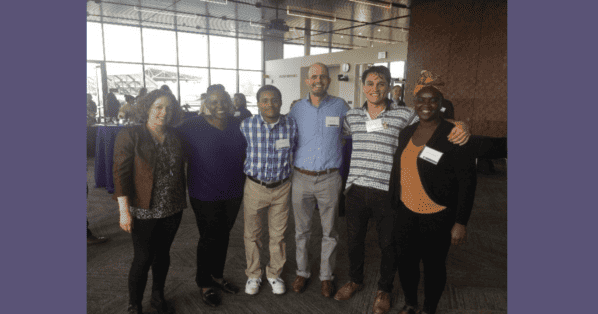Dr. Jena Barchas-Lichtenstein, PhD, linguistic anthropologist and media research lead at Knology shares a few insights on letter of recommendation best practices. You can view her on-demand presentation, Inclusive Recommendations: Writing, Requesting and Assessing Them on the Advance Learning Center.
When soliciting letters of recommendations, first, don’t ask until you are down to a few serious candidates. There are equity considerations at play: one must expend ‘relationship capital’ to ask for letters. Second, the clearer the expectations are, the more comparable the letters received. From an equity perspective, you want the letters to be relatively easy to compare. At some point, a more equitable process requires agreement across a broader professional field. If the entire field of, say, chemical engineering has a standard letter format, that’s a win for both equity and for the recommenders’ time.
If you are asked to write a letter of recommendation one of the biggest things to avoid is “damning with faint praise.” Why are you mentioning that someone is a good team player, or well-spoken, or organized? It implies that you can’t say anything stronger — and frankly, all of those are table stakes for being a professional adult. They also get mentioned disproportionately often in letters for minoritized people. During the webinar we’ll compare sample letters to highlight some more common equity issues that come up in letters of recommendations and we’ll also discuss strategies for writing more inclusively.
Reviewing recommendation letters can reveal biases as well. Where possible, reviewing independently of gender (e.g. by substituting in all ‘they’ pronouns) can help — for example, we’re immersed in the message that ambition is a good trait in men and a less good trait in the rest of us. On the other hand, that can make it harder to see bias on the writers’ part and correct for it. So a lot of it comes down to giving really clear directions before you receive them.
You can viewDr. Jena Barchas-Lichtenstein, PhD on-demand presentation, Inclusive Recommendations: Writing, Requesting and Assessing Them on the Advance Learning Center.
SWE is accredited by the International Association for Continuing Education and Training (IACET) and is accredited to issue the IACET CEU. In order to earn CEUs for this course, you must complete the full course and pass the knowledge check assessment with an 80%.
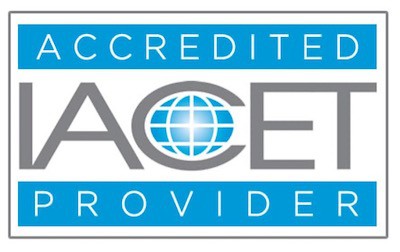
The Society of Women Engineers (SWE) has been approved as an Authorized Provider by the International Association for Continuing Education and Training (IACET), 1760 Old Meadow Road, Suite 500, McLean, VA 22102; (703) 506-3275. In obtaining this approval, the SWE has demonstrated that it complies with the ANSI/IACET 1-2018 Standard which is recognized internationally as a standard of good practice. As a result of their Authorized Provider membership status, SWE is accredited by the International Association for Continuing Education and Training (IACET) and is accredited to issue the IACET CEU. In order to earn CEUs for each course, you must complete the full course and pass the knowledge check assessment with an 80%.
Author
-

SWE Blog provides up-to-date information and news about the Society and how our members are making a difference every day. You’ll find stories about SWE members, engineering, technology, and other STEM-related topics.



